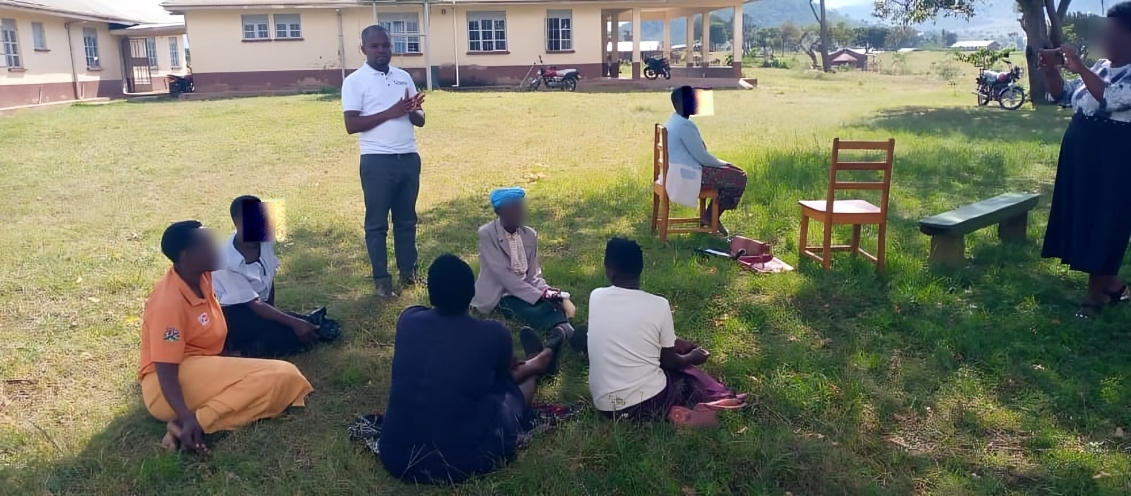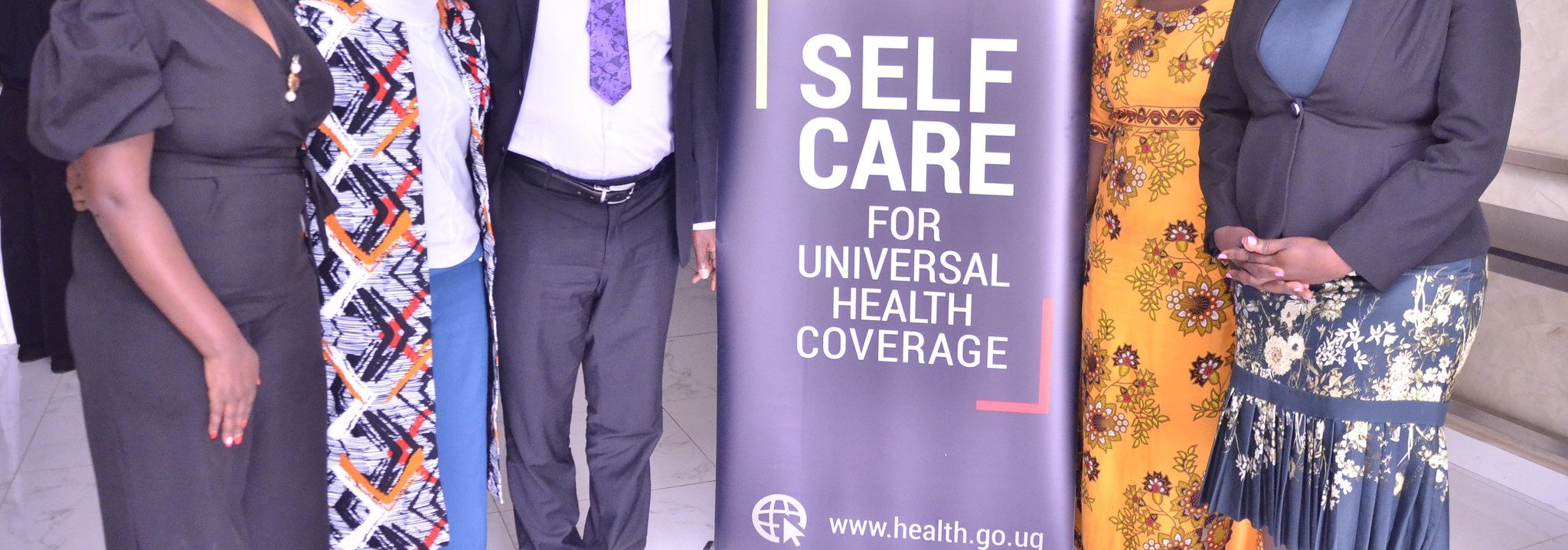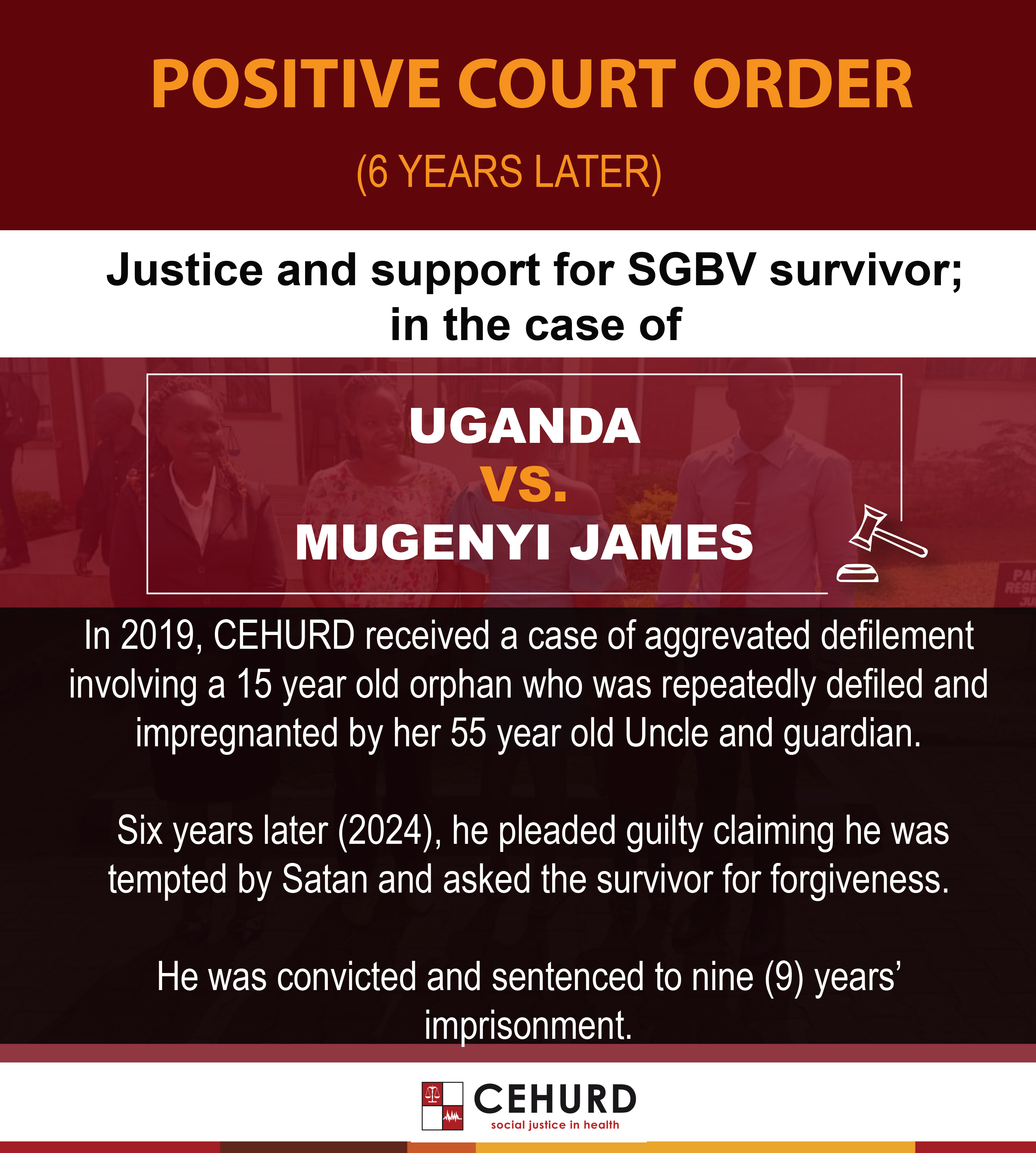– Compiled by Johnson Komagum and Matthew Mwidu – CEHURD
Case file Reference Number: KLIRO059/07/2024. A 50-year-old woman and grandmother residing with her three young grandchildren in Buwologoma LCI, Nansololo Sub-County, Kaliro District. She separated from her husband’s family due to stigma and domestic violence.
In a compelling case of resilience and hope, the Center for Health, Human Rights and Development (CEHURD) Legal Aid Clinic, with support from The AIDS Support Organization (TASO-Uganda), has significantly transformed the life of a woman in distress who was previously marginalized and struggled to support her young grandchildren following her failure to access her inheritance from her late father’s estate.
This denial and violation of her rights was perpetrated by her uncle (a brother to her late father). Despite the fact that she had hope that her own brothers and family would support her, they discriminated and sidelined her causing her untold pain and distress. Her plight was further exacerbated by the lack of support from the local area leaders and law enforcement agencies, leaving her in a seemingly hopeless situation.
Upon turning to CEHURD for assistance, her case was met with empathy and determination. CEHURD’s Legal Aid Clinic conducted in July 2024 provided crucial support, helping her navigate the legal system and push for justice. After persistent efforts, including follow-ups with police and family elders, her late father’s estate was divided among his three children, ensuring that she received her rightful share. Despite this progress, her plight still continued upon discovering that part of her inheritance had been leased to a sugarcane farmer. CEHURD continued to support by advising her on eviction procedures and facilitating a resolution.
Additionally, CEHURD’s engagement extended to addressing her health concerns. The client, who is HIV positive, had previously hesitated to seek treatment due to stigma. With CEHURD’s intervention, she was connected with local health workers (Village Health Team members) for counseling and support, facilitating her access to necessary medical care. This case highlights not only the challenges faced by women in similar situations but also the profound impact of targeted legal and health support. CEHURD’s comprehensive approach not only restored her access to her late father’s estate but also ensured her health and well-being were addressed, marking a significant victory in her journey towards justice and social stability.





